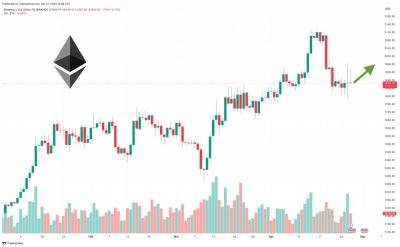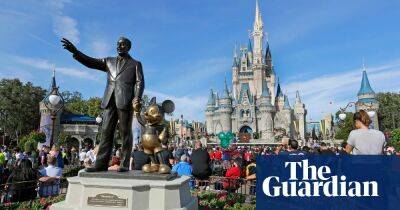They wield huge power over your day-to-day life, without consent or oversight. Who are they? Asset managers
A sset managers are key figures in your life, although you may not be aware of it. These investment firms are mostly recognised for their ownership of financial assets such as stocks and bonds. But as well as owning financial assets, in recent decades they have been buying huge volumes of so-called “real assets”, which in many cases represent necessities of everyday life such as housing, schools, care homes, roads, energy systems, farmland and water-supply networks.
Thus, the regular payments to asset owners that we make to stay alive and thrive – such as for shelter, electricity, water or food – increasingly end up in part or in full in the hands of asset managers. Those managers decide both how much we pay, and what condition the apartment, care home or pipes that supply our drinking water are in.
Observers have noted isolated, individual examples of this phenomenon. However, the dots have not been joined. The common thread that weaves together such seemingly disparate examples as embattled Danish apartment tenants, beleaguered US care-home residents and indignant UK water rate-payers has been ownership – that is, asset-manager ownership.
Today, such is the breadth and depth of this phenomenon that the lives of few people anywhere in the world are untouched by asset managers’ tentacles. And some of us, especially in the global north, are thoroughly entangled: we effectively live in an asset-manager society. Consider that just one asset manager, Australia’s Macquarie, owns infrastructure internationally on which more than 100 million people rely every single day.
If their control of essential infrastructure gives asset managers direct power over the conditions and costs of our daily lives, they also enjoy a more indirect
Read more on theguardian.com














